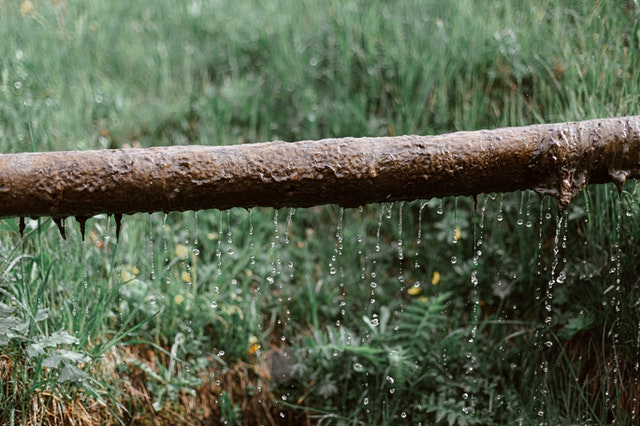For homeowners in Denver and around the United States, sewer line damage is, unfortunately, a possibility. Especially for homes with older plumbing, sewer damage can occur and any point and require repairs. If the damage is comprehensive, a sewer line replacement may be necessary. Beyond aging plumbing, however, there are various issues that can create the need for a sewer line replacement.
Denver sewer services can help you avoid the need for a sewer line replacement. But, if the damage has already occurred, your best option is to have the line replaced as soon as possible to avoid further complications.
The Importance of The Sewer Line
The sewer line links the drains in your home to the main sewer drain. Through this long pipe, wastewater from your home is transported to your local sewer system so that it can be disposed of properly. The sewer line is underground and typically tilts downward to encourage the flow of wastewater away from your home.
Since sewer lines are relatively small, clogs are quite common. Since your sewer line is essential to your home’s drainage system, it’s crucial to keep tabs on clogs and have them addressed promptly, before they turn into larger problems.
Sewer Line Longevity
How long can you expect your sewer line to last in the first place? Typically, the longevity of your sewer line is dependent on the climate, random accidents that are out of your control, and the makeup of your home. These factors can shorten your sewer line’s lifespan.
That said, you can predict the lifespan of your sewer line based on the material that it’s constructed of. PVC is now the preferred material for sewer lines. Modern homes are constructed with PVC plumbing, and it can last for as long as a century with proper use. Cast iron and clay are older plumbing materials. Cast iron usually lasts for 75 to 100 years, while clay pipes last for 50 to 60 years, on average.
Clay pipes are no longer installed in homes. If you own an older home that still has clay piping, it may be a wise choice to have it replaced with PVC piping, which is more practical and durable.
Sewer Line Problems
Various factors can impact your sewer line and require a replacement. The most common of these factors include:
Numerous Pipe Clogs
If your pipe continues to clog over and over again, it may indicate that the issue is with your sewer line itself. Some drain clogs are normal – for example, your shower drain may clog occasionally due to hair buildup. In these cases, a shower cleaning from your Denver plumbing technicians will do the trick to open up the drain and eliminate the clog. But, when clogs continue to occur and it’s no longer due to a simple clog, your sewer line may need to be replaced.
Tree Complications
Your sewer line is buried underneath your yard. The plumbing carries water and organic material, which attracts tree roots seeking nutrients. So, tree roots can cause major problems for your sewer line. If tree roots intrude on your plumbing, serious damage can occur and your sewer line may need to be replaced.
If you don’t have trees directly on your property, your sewer line may still be at risk for tree root damage. Tree roots can extend remarkably far, including across property lines. Obviously, you can’t see when tree roots are intruding on your home’s plumbing, making it important to seek out expert plumbing help when you suspect an issue.
Sewer Line Burst
An extreme form of sewer line damage is a pipe burst. This can occur for various reasons, including soil changing position or settling, corroding sewer pipes, or additional weight from above. A burst sewer line calls for emergency repairs, as it can lead to wastewater contaminating your home’s soil. Your Denver plumbing experts can work to replace your sewer line as quickly as possible after a burst so that you can get back to life as usual.
Contact Drain Terrier today to learn more about sewer line maintenance for your Denver home. We’ll help keep your sewer line clear and in top condition for many years to come.


